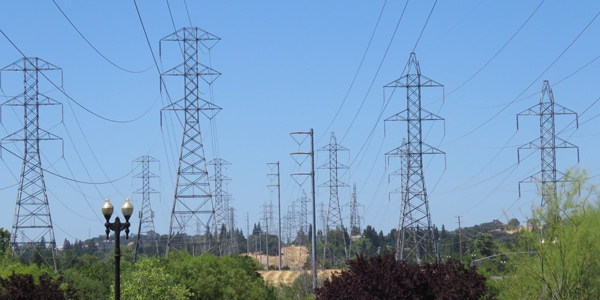By Rich Heidorn Jr.
FERC on Thursday rejected the Edison Electric Institute’s request for rehearing of its 2016 order on handling of Critical Energy Infrastructure Information but offered clarification on several points.
EEI challenged several aspects of Order 833, which implemented the CEII provisions attached to the 2015 Fixing America’s Surface Transportation (FAST) Act. (See FERC OKs Information Security, FOIA Rules.) It said the commission failed to adequately specify the criteria it uses to determine whether a member of the public is eligible to obtain CEII.
The commission responded that it has obtained “vast experience” since instituting the CEII process in 2003, noting it “routinely processes CEII requests from, among others, consultants, academics, landowners and public interest groups.”
However, it clarified that “public safety benefits” are one criterion that it should consider in balancing “the requester’s need for the information against the sensitivity of the information.”
EEI also said the commission should revise its CEII nondisclosure agreement “to mitigate against the risk of a CEII recipient involuntarily sharing CEII with a hostile actor.”
FERC declined to change the minimum requirements for the NDA but said the commission’s CEII coordinator “may consider adding additional provisions to the NDA on a case-by-case basis.”
The commission also rejected EEI’s contention that it erred in not providing a way for entities to comment on the sharing of commission-generated CEII.
“The FAST Act does not require, and EEI identifies no provision in the FAST Act requiring, the commission to provide notice and opportunity for public comment about the prospective release or sharing of commission-generated CEII. Furthermore, the commission is not persuaded that we should establish a requirement for stakeholder input when the commission combines information not filed as CEII with other information and potentially creates CEII,” FERC said.
“We, however, clarify that nothing in the FAST Act or the commission’s CEII regulations prevents the CEII coordinator from exercising discretion in an individual situation to solicit comments from a submitter of CEII or other information when evaluating whether to release a commission-generated CEII document.”





